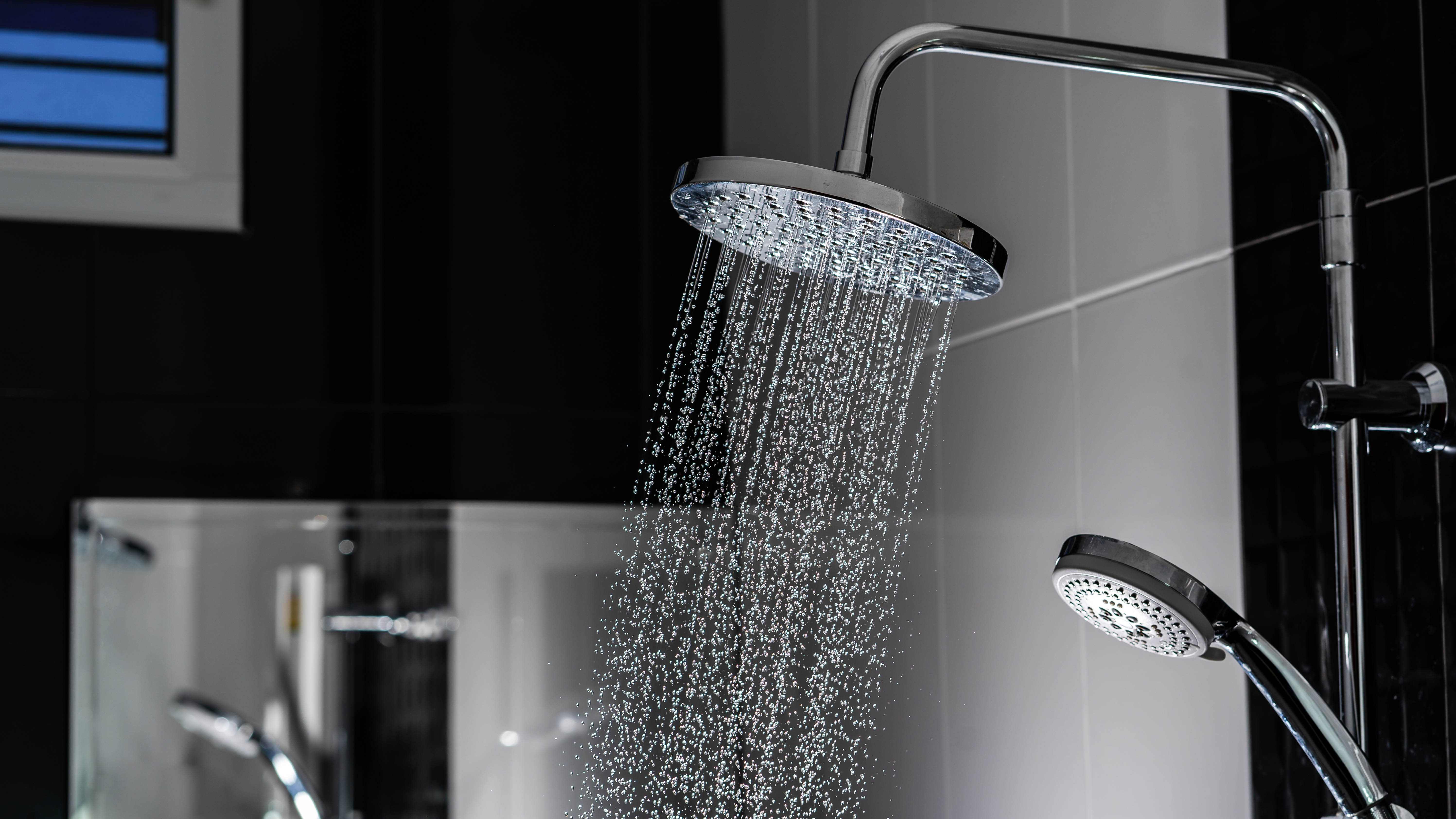I'm running my first marathon on Sunday — here's the best sleep advice a doctor gave me during training
Worried about sleeping before London Marathon? Me too, so I'm listening to this doctor's advice
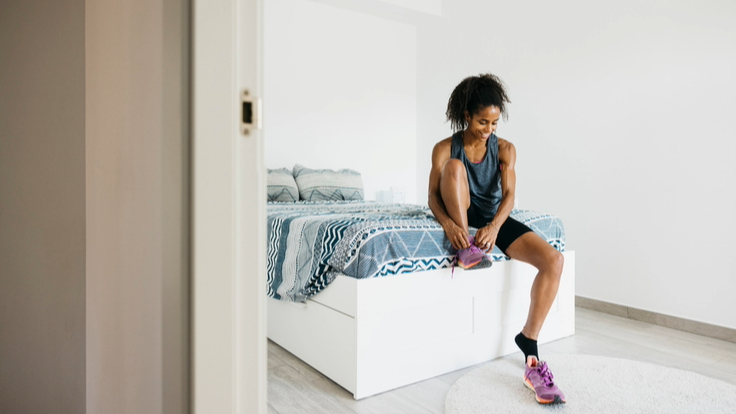
If marathon training has taught me anything, besides obviously being a better long distance runner (and self-confessed professional carb-loader) it's how to be a great sleeper.
While racking up the miles, I've also clocked top quality ZZZs, and plenty of them. Honestly, I've been sleeping 9 hours a night regularly and — not to brag — have even bagged myself a sleep score of 100.
How have I done it? I've been sleeping on the best mattress for my sleep needs, sticking to routine and saying no to booze.
Here, sports chiropractor and practitioner Dr. Logan Sherman explains the importance of sleep around the big 26.2 miles and reveals his tips for acing your rest on race week. Plus I share my marathon prep sleep habits.
Why quality sleep is crucial for marathon runners
Muscle repair and injury prevention
From your muscles to your mind, there are many ways sleeping well primes your body to take on a challenge as enduring as a marathon.
"Keeping your mind sharp is just as crucial as training your lungs and legs"
Dr. Logan Sherman
"Sleep is one of the most important recovery tools," Dr. Sherman says. "Training for a marathon demands a huge energy expenditure, and getting enough sleep helps your body and mind bounce back stronger and faster between workouts."
In physical terms, getting ample, good quality sleep gives your muscles time to rest and repair between training sessions.
Sign up to get the BEST of Tom's Guide direct to your inbox.
Get instant access to breaking news, the hottest reviews, great deals and helpful tips.
Muscles break down during and after running, especially with strenuous or long-distance runs. This is a normal physiological process, part of how muscles grow stronger.
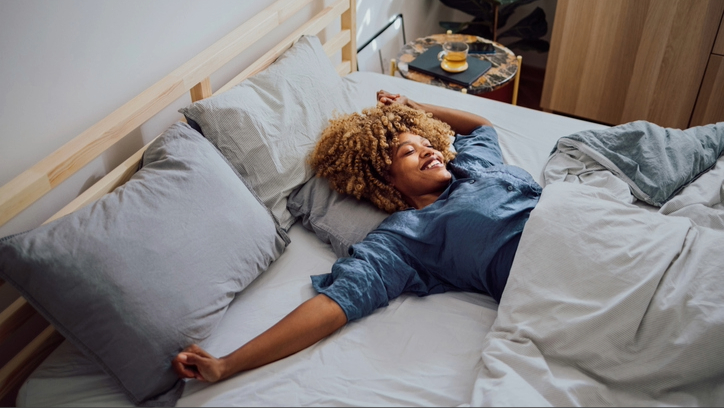
For your muscles to make gains, you need plenty of human growth hormone (HGH). This hormone is essential for muscle repair, growth and tissue regeneration, and is released during deep sleep stages.
This means your muscles are adapting to your training while you snooze, helping you run faster and longer.
New research also shows inadequate sleep and poor cognitive functioning can significantly elevate injury susceptibility among athletes. Without adequate repair time and resources like HGH, your muscles become weak.
Running on worn out muscles will not only be a physical slog, it will also increase your chance of picking up an injury before you get to the start line or during your marathon race.
Mental endurance
Packing your training in around work, pre-race nerves and the standard self-doubt (we all experience it), marathon training takes a mental toll too.
Sleeping well gives your busy brain as well as your tired muscles a rest, so you have the energy and resilience to build a marathon-worthy mindset.
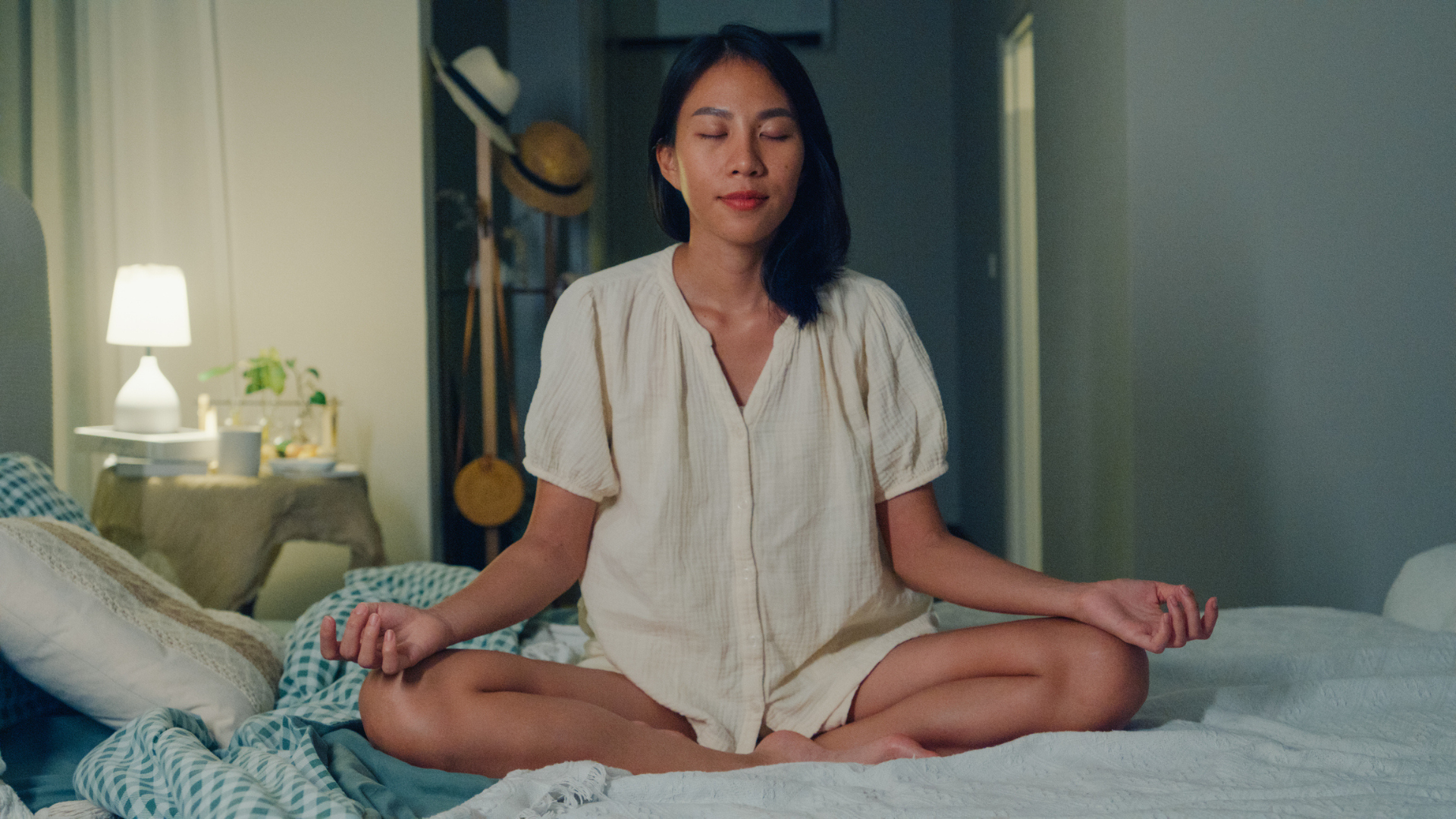
"With most marathon training cycles lasting 12–18 weeks, burnout risk is real," Dr Sherman explains. "Burning the candle at both ends with late nights and early morning runs doesn’t just increase your chance of injury, it also impacts your mindset."
"And if you ask me, keeping your mind sharp is just as crucial as training your lungs and legs," he adds.
How I've optimized my sleep for muscle recovery
Sleeping well is a year-round priority for me. But I've made some changes to my pre-bed routine and lifestyle habits while marathon training to supercharge my rest and recovery. Here's what I want other runners to know...
I've used compression boots before bed
As a sleep tech writer, I've of course had a helping hand from gadgets while marathon training.
I've been tracking my training and sleep with one of this year's best running watches, using the Rise sleep app to manage my sleep debt and sleeping with an array of sleep tech.
But my favorite recovery gadget has been the Ublives compression boots. By stimulating blood flow in the limbs and flushing out lactic acid, these boots enhance muscle recovery.
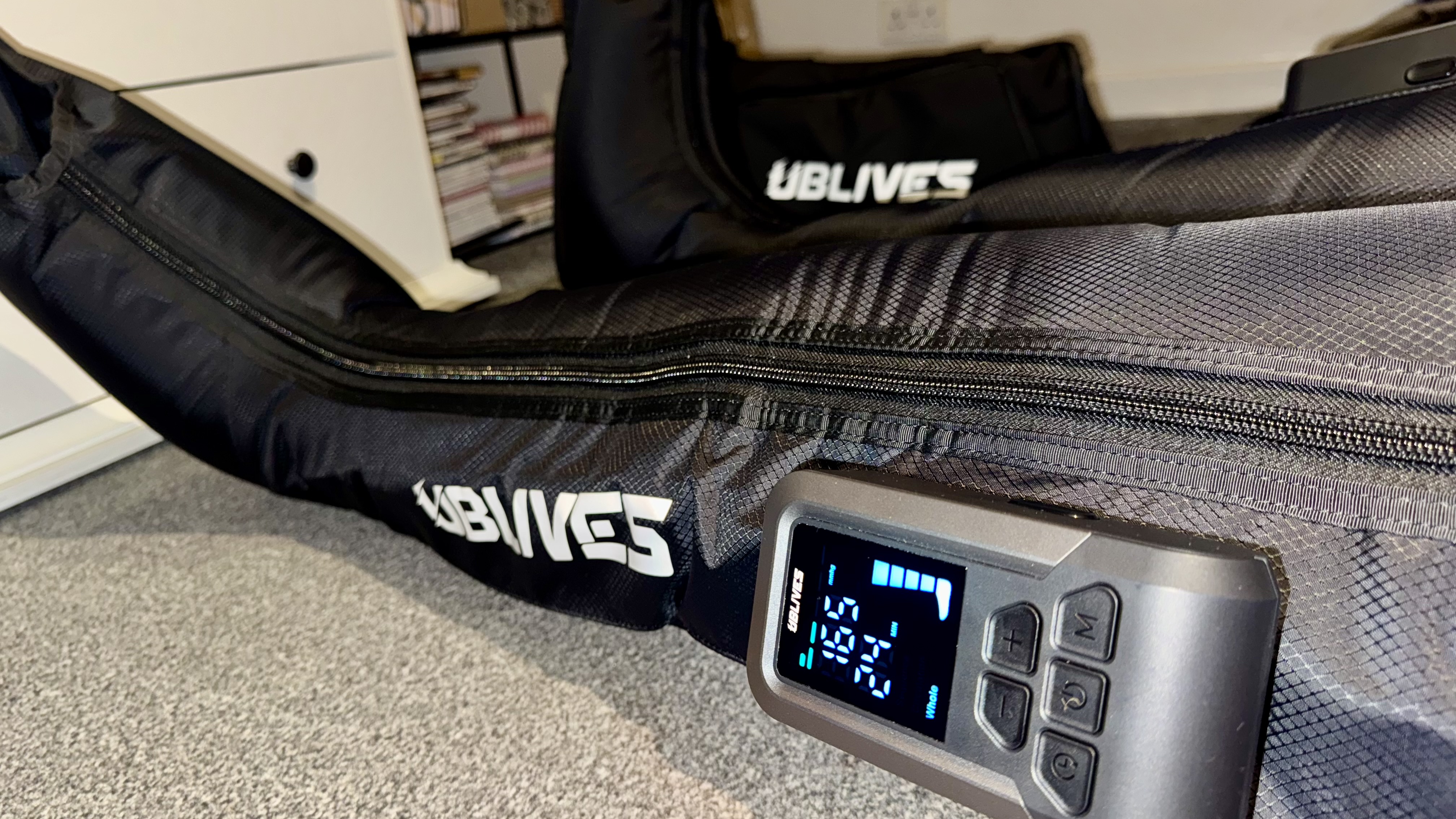
I've been using them as part of my evening wind-down routine. And, since you can't get up and move around in these boots, I've been using the stationary time to relax or read a book before heading to bed.
I've enjoyed an evening sauna when I can
The benefits of a sauna for muscle recovery are well documented in the National Library of Medicine.
The heat increases blood circulation, which delivers more oxygen and nutrients to muscles, promoting faster repair and reducing soreness.
What affect does a sauna have on sleep? Your body temperature is closely linked to your circadian rhythm and how well you can sleep. While your core temperature rises when in the sauna, once you come out, it rapidly drops.
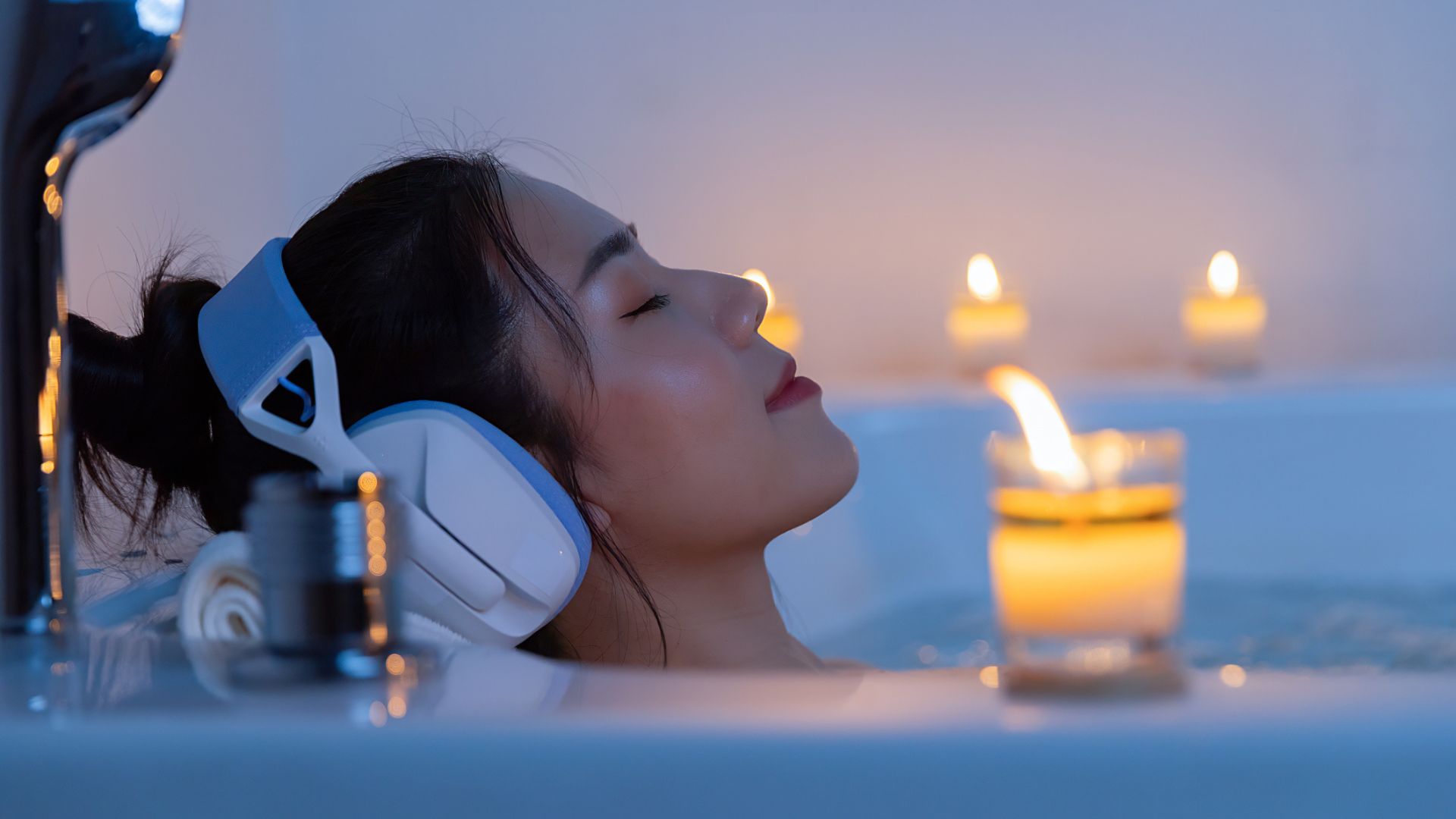
This drop in temperature signals your body to produce melatonin, making you feel sleepy.
Combine muscle recovery with sleep benefits and you have a perfect run recovery method. Granted using a sauna before bed can be tricky if you're not an evening gym-goer, but there are gadgets that can help like the Bon Charge Infrared Sauna Blanket.
That said, a cheaper alternative is taking a warm shower or bath before hitting the hay.
I've slept on a cooling mattress
When I began marathon training I was sleeping on one of the best smart beds you can buy right now, which I have now swapped for a cooling mattress.
Both of these beds have been incredibly good at keeping nighttime hot flushes at bay, thanks to their efficient temperature regulation.
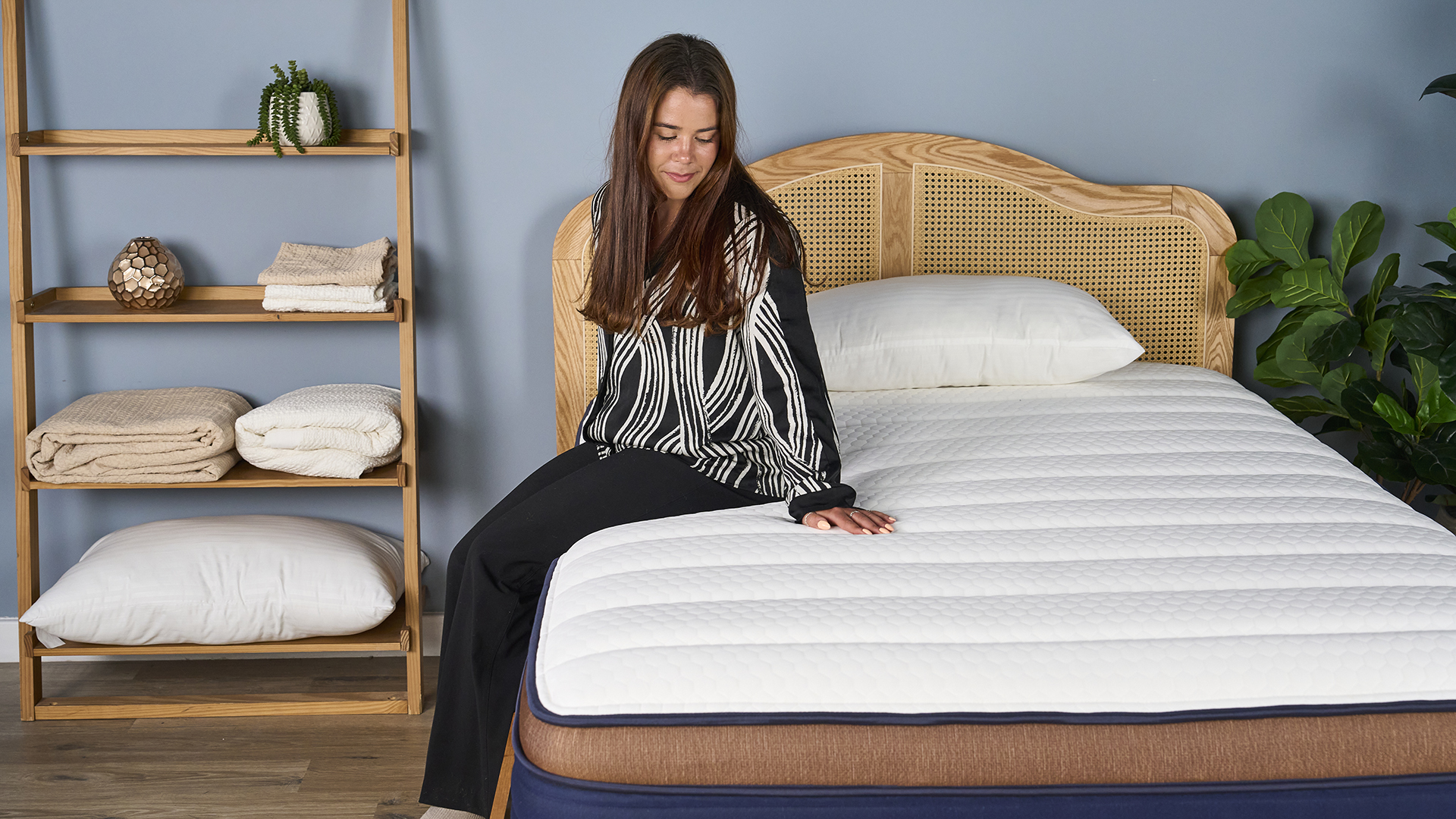
Runners are more prone to sleeping hot due to greater muscle mass, so a bed that helps them remain at the best temperature for sleeping is important.
The Brooklyn Bedding CopperFlex Pro Hybrid mattress has kept me comfortable and supported, helping me fall asleep fast and sleep through the night undisturbed.
I've stuck to a consistent routine
Sticking to a consistent sleep schedule where I go to bed and wake up at roughly the same time each day has ensured I’ve got enough sleep night in night out, while fitting in training around my day job.
That said, I have listened to my body and taken the extra ZZZs when I feel like I've needed them. My weekends tend to afford an extra hour in bed and I've taken advantage of that, especially after long training runs of over 15 miles.
I've also been disciplined around my nighttime routine, making sure I carve out time to relax before going to bed.
Adding a quick stretch to this routine has been particularly beneficial as stretching was one recovery tool I tended to abandon before this marathon training block.
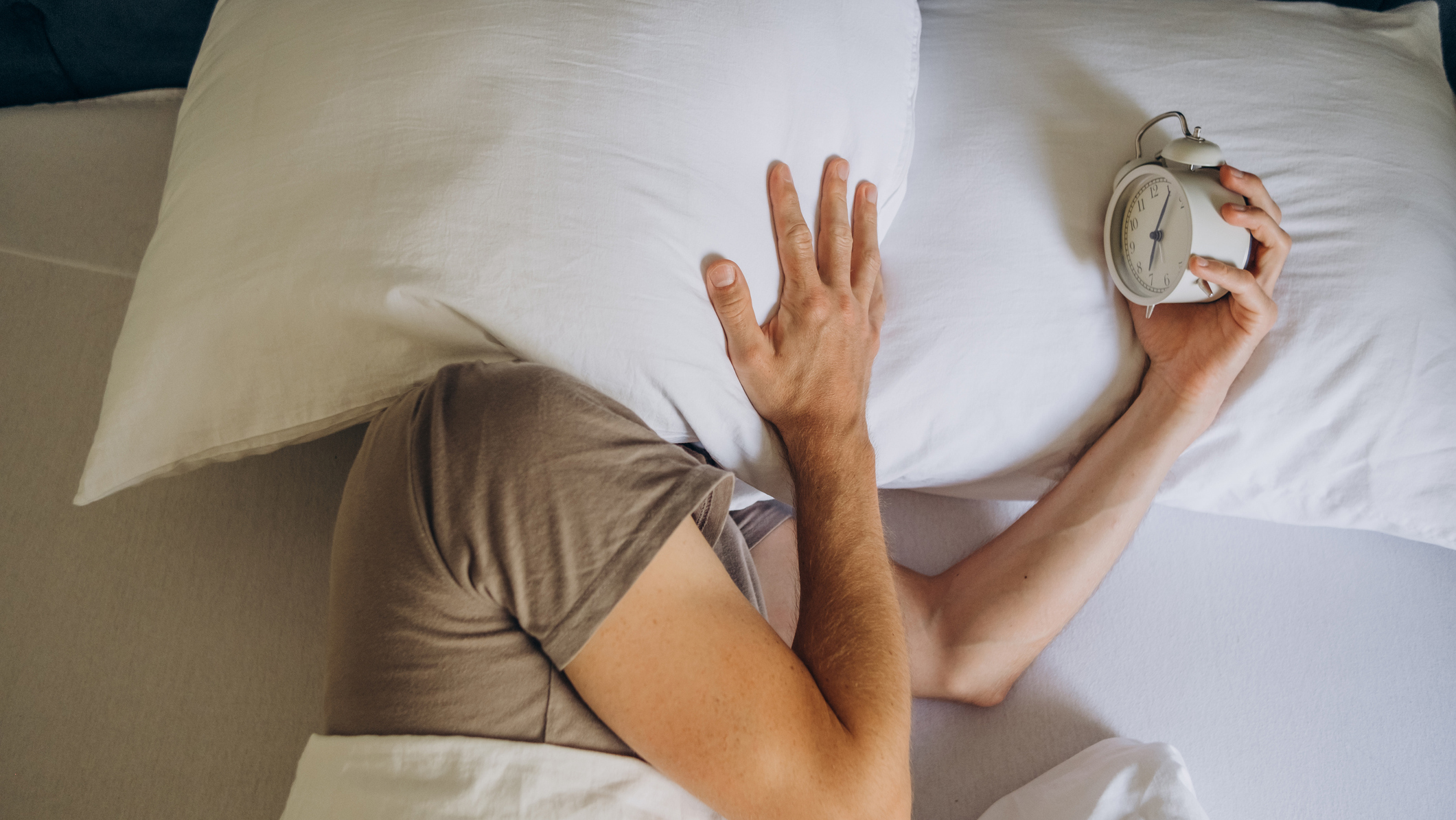
I've avoided alcohol
There's no getting around the fact that marathon training comes with social sacrifices. I’ve reduced late nights and alcohol, and, in the past two weeks, completely abstained from drinking alcohol at all.
I always knew alcohol is bad news for sleep and feeling the benefits myself has really driven that home.
After a week of no booze I bagged my golden sleep score and have been sleeping better than ever since. I've certainly not missed hungover runs too.
3 tips for sleeping with pre-race jitters
The couple of nights in the lead up to race day can be particularly nerve wrecking. Hence, it is normal not to get perfect sleep. Here’s how experts recommend dealing with nerves so you can get that crucial shut-eye…
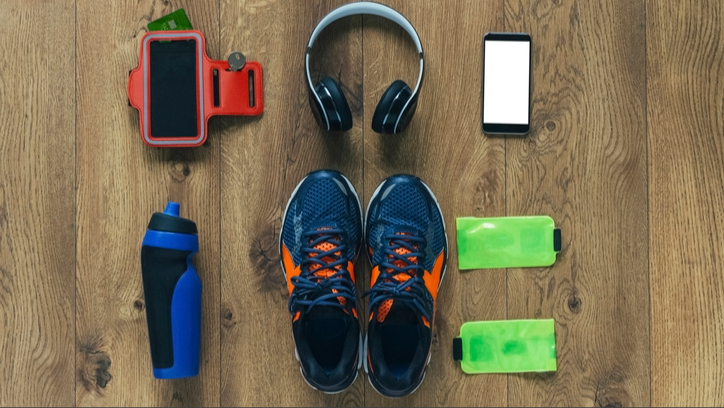
1. Stick to what you know
From fuelling to kit, runners are often told to stick to the stuff they know when it comes to race day, and the same goes for sleep.
Sticking to your usual routine is best. You may think the more sleep the better, but you don’t want to throw your circadian rhythm out of whack by going to bed super early (sleep quality always trumps sleep quantity, after all).
"If you can get a little extra rest and stay off your feet more, great. But if you’ve had success with your current schedule, don’t change too much at the last minute," Dr. Sherman says. "Trust your training."
2. Schedule time to relax the night before
While perfect sleep will be hard to come by the night before the marathon due to nerves, you can still give yourself the best chance of getting a good night's sleep by properly winding down before bed.
You've done the training by this point. You've (hopefully) done the rehab and got your kit ready. Now it's time to relax and take in the special experience of running a marathon.
Be it reading, stretching, meditating or simply listening to some calming music with a bedtime tea, make sure you do something you find relaxing the night before the race. This will help you manage anxiety and nerves.
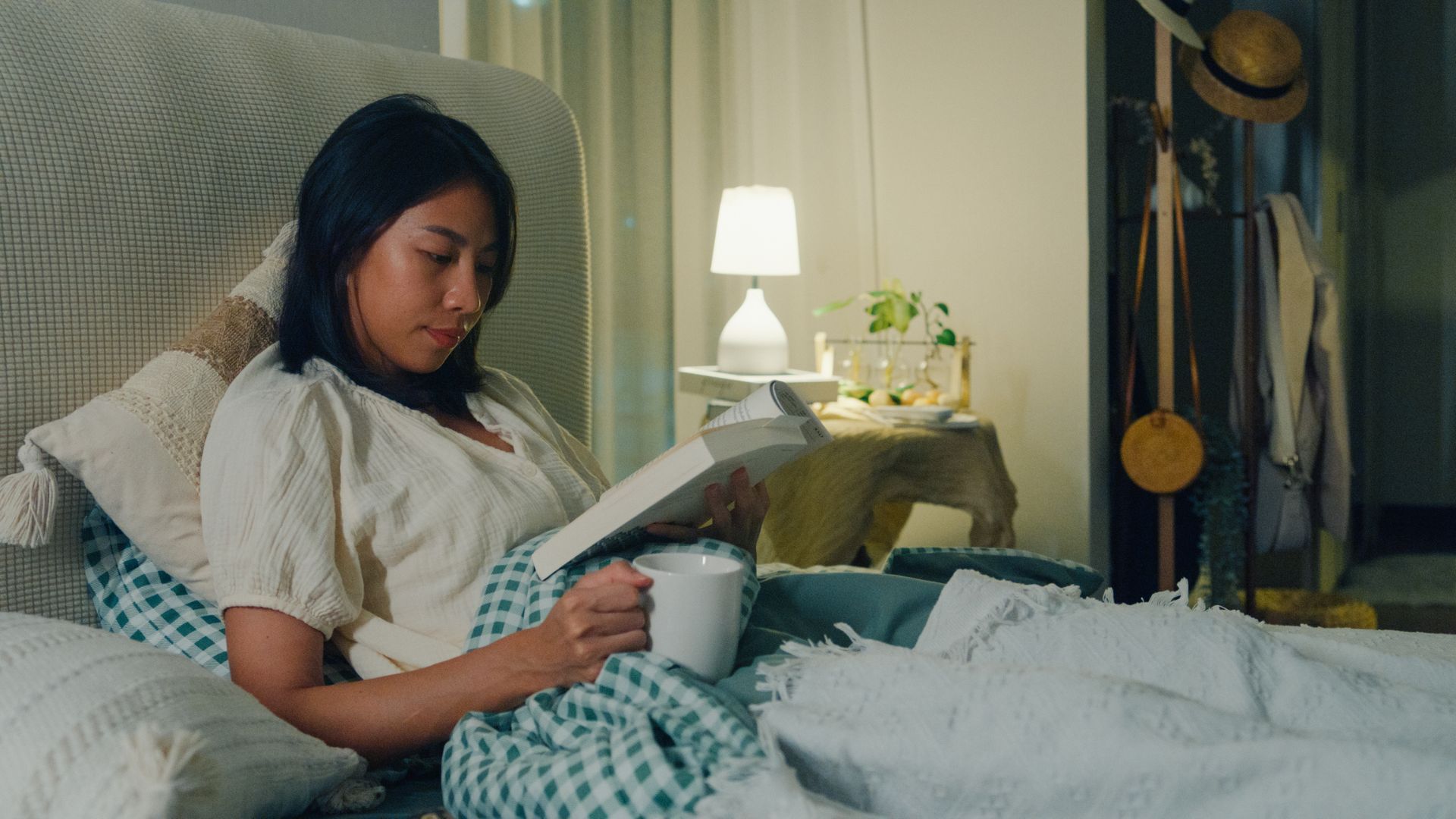
3. Be organised
Organisation is key to drifting off peacefully. The last thing you want is to be tossing and turning while overthinking whether you actually packed your running trainers.
Laying out your full kit with your bib number, running gels and any other race essentials is a great idea. This means you'll be ready to go within minutes of the morning of the race, without wasting crucial energy hunting for the right socks etc.
Journaling and jotting down your thoughts, feelings and goals is also handy for organising a racing pre-race mind. It's also nice to come back to these notes after the race as you remember you're more capable than you might imagine.

Eve is a PPA-accredited journalist with an MA in Magazine Journalism from Cardiff University. She is a Sleep Staff Writer at Tom’s Guide and has four years’ experience writing health features and news. She is particularly interested in the relationship between good sleep and overall health. At Tom’s Guide Eve is responsible for coverage and reviews of sleep tech and is our smart and cooling mattress specialist, focussing on brands such as Eight Sleep and Sleep Number. She also covers general mattress reviews, seeks out the best deals to produce tried-and-tested buyer's guides for sleep accessories and enjoys writing in-depth features about sleep health. She has been involved in rigorous testing procedures for mattress reviews in our Sleep Studio and has interviewed experts including sleep doctors and psychologists. When not covering sleep at Tom's Guide, Eve enjoys writing about health and fitness, food and culture.
You must confirm your public display name before commenting
Please logout and then login again, you will then be prompted to enter your display name.
